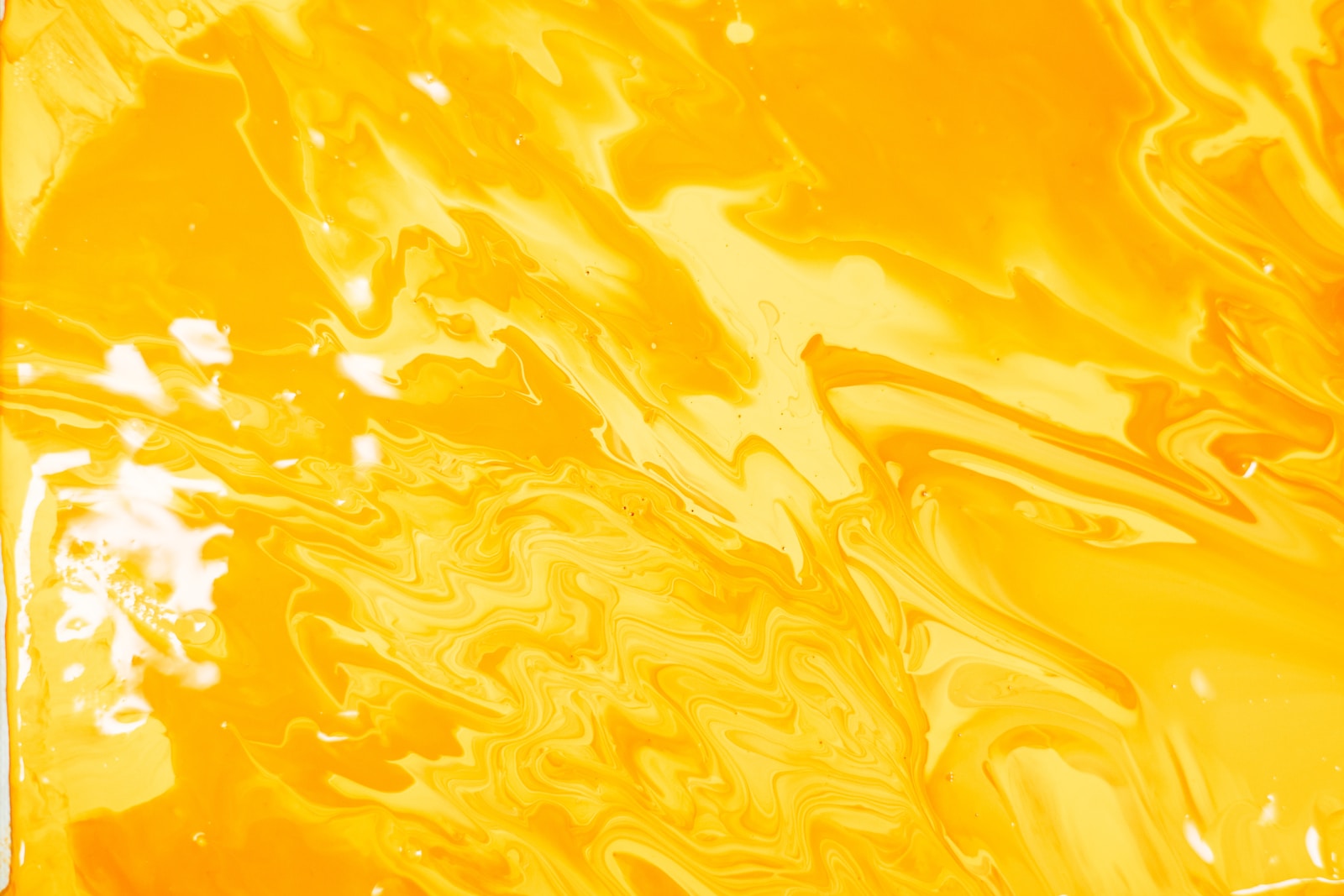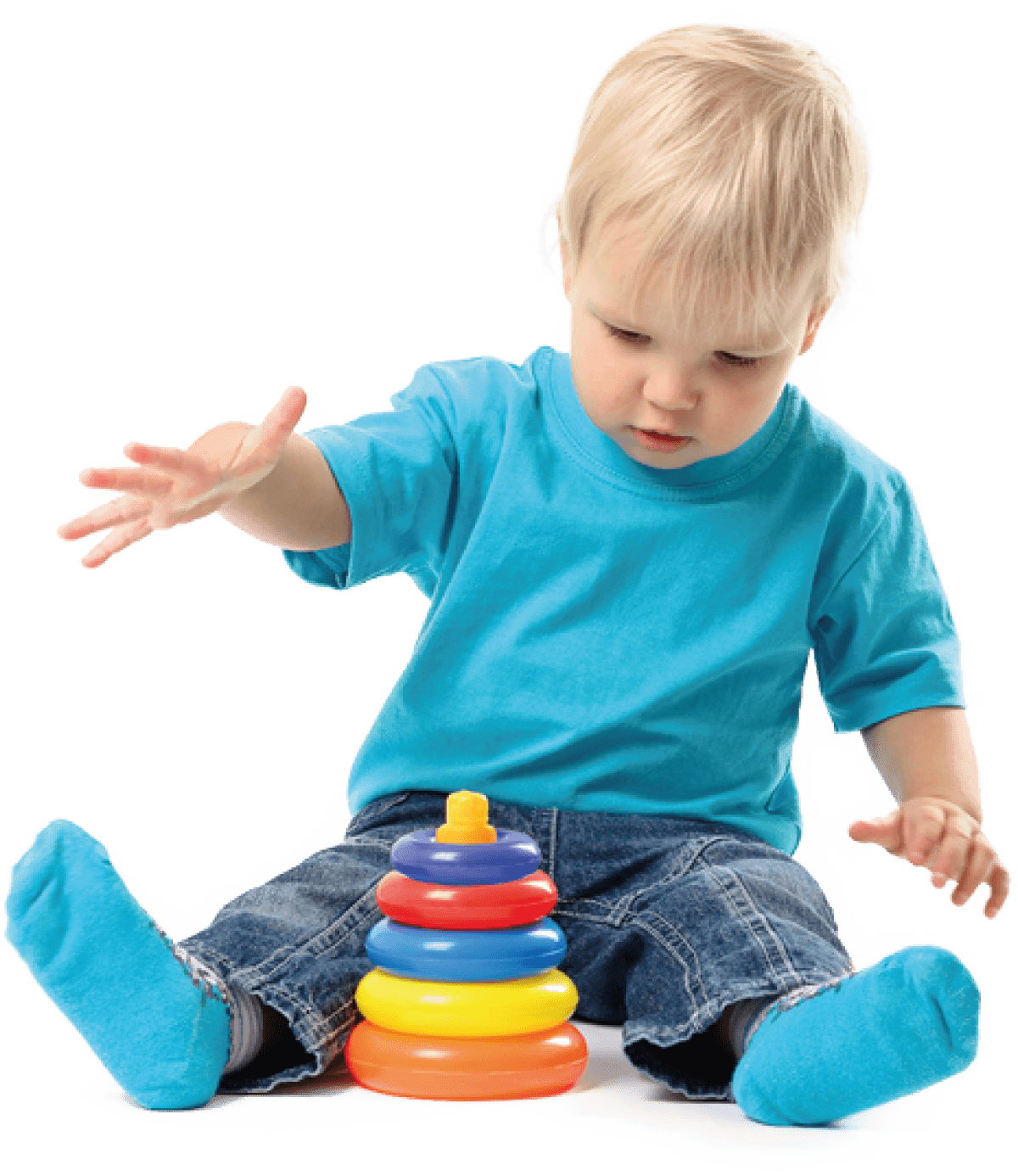PURPOSE
This policy describes how Happy Hearts Nursery promotes a healthy lifestyle and a high standard of hygiene in its day to day work with children and adults.
DEFINITIONS
Hygiene – conditions or practices conducive to maintaining health and preventing disease, especially through cleanliness.
Sanitation - conditions relating to public health, especially the provision of clean drinking water and adequate sewage disposal.
POLICY STATEMENT
One of the most important steps in reducing the spread of common infectious diseases or conditions among children and child care providers is cleaning and sanitizing or disinfecting objects and any surface a child comes in contact with, including floors, that could be contaminated and spread disease to children and staff.
- Children are encouraged to shield their mouth when coughing. Individual napkins are available, or paper towels used and disposed of appropriately.
- Children are encouraged to wash hands after using the toilet and before snack.
- Procedure and Practices, including responsible person(s): Routine cleaning and sanitizing or disinfecting of the child care setting will be supervised.
- According to the schedule and procedures in Cleaning/Sanitation Procedures Checklist for child care settings, the assigned staff will complete and follow Cleaning/Sanitation Procedures
- Routine Cleaning: Using soap and water to remove visible dirt then rinse with clean water. Sanitizing/Disinfecting: Removing visible dirt and applying an additional sanitizer solution to reduce the number of germs likely to cause disease.
- Cleaning product used is not toxic to children.
- Hand sanitizers are installed in the passage and nurse rooms.
Kitchen:
- Any food or drink that requires heating will be heated immediately prior to serving and not left standing. No food or drink will be reheated.
- Keep food covered and either refrigerated or piping hot.
- All utensils will be kept clean and stored in dust free places, e.g. a closed cupboard or drawer.
- Ensure waste is disposed of properly and out of the reach of the children.
- Keep a lid on the dustbin and wash hands after using it.
- Worktops used for eating and food preparation will be cleaned with soap and water, rinsed, and then sanitized before and after each meal or snack.
- Not be involved with the preparation of food if suffering from any infectious/ contagious illness or skin trouble.
- Kitchen will be cleaned daily and more often if necessary. Sinks, counters, and floors will be cleaned and sanitized at least daily. Refrigerator will be cleaned and sanitized monthly or more often as needed.
- Highchairs will be washed, rinsed, and sanitized before and after each use.
Toys:
- Machine washable toys and cloth books, will be washed, rinsed and sanitized in between use by different children. Only washable toys will be used.
- Toys will be washed, rinsed, sanitized and air-dried at least weekly or toys that are dishwasher safe can be run through a full wash and dry cycle.
- Cloth toys and dress up toys will be laundered weekly or more often, as needed, for young children.
Classrooms:
- Cubbies: will be washed, rinsed, and sanitized weekly.
- Furniture, will be cleaned and sanitized daily.
- Carpets will be shampooed monthly in infant areas and every three months in other areas, or more frequently as needed.
- Hard floors will be swept and mopped (with cleaning detergent) and sanitized daily.
- Utility mops will be washed rinsed and sanitized then air dried in an area with ventilation to the outside and inaccessible to children.
Sleeping Area:
- Cribs/Cots will be washed, rinsed, and sanitized weekly, before use by a different child.
- Bedding (e.g. mat covers and blankets) will be washed weekly, or more frequently as needed, at a temperature of at least 165º F, or with disinfectant in the rinse cycle. These items can be sent home for families to wash. Bedding will be removed from mats and stored separately.
- Children’s items including bedding, coats, etc. will be stored separately.
Toilets
- Toilet seats will be cleaned and sanitized as needed and at least daily.
- Bathroom(s) will be cleaned daily or more often if necessary. Sinks, counters, toilets, and floors will be cleaned and disinfected at least daily.
- Spare laundered pants, and other clothing, available in case of accidents and polythene bags available in which to wrap soiled garments.
General Cleaning
General Cleaning of the entire center will be done as needed.
- Wastebaskets (with disposable liners) will be available to children and staff and will be emptied when full.
- Step-cans will be used to prevent recontamination of hands when disposing of used towels, etc.
- There should be no strong odors of cleaning products. Room deodorizers are not used due to the risk of allergic reaction.
- Door handles and faucets are cleaned at least daily and more often when children/staff are ill. Diaper and food waste containers will have a tight-fitting lid.
- Vacuuming, mopping and professionally carpet shampooing in the center will not occur while children are present (carpet sweepers and brooms are ok to use).
- This is to reduce the exposure of chemicals and dust to children and staff. Every effort is made to only use items that can be cleaned and sanitized in the setting.
- Cracked or broken items are not able to be clean or sanitized properly.
- These items shall be removed until they are repaired, cleaned, and sanitized.
- Carpet is not used in toilet areas; diaper changing areas or food prep/storage areas.
- Regular cleaning and sanitation will increase if there is an outbreak of a contagious infection or disease in setting.
Communication plan for staff and parents:
- Staff and volunteers will receive a written copy of this policy in their orientation packets before beginning work at the center.
- Training will be provided on cleaning and sanitation guidelines and procedures at time of employment and when necessary.
- Water tables will be emptied and sanitized after each use or more often as needed. Children will wash hands before and after play and be closely supervised.
- Rubber gloves are always used when cleaning.
IMPLEMENTATION DOCUMENTS
Please refer to the following documents to ensure the effective implementation of the policy:
- Cleaning log
- Pest control log

